/topics/climate-and-weather
Climate and Weather
Activists from the Climate Revolution dig out climate policy gaps through the Right to Information Act
Posted on 10 Jun, 2010 07:27 AM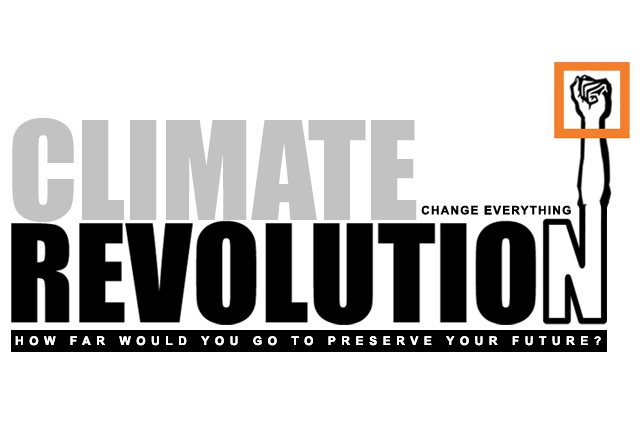 Content Courtesy: AlertNet
Content Courtesy: AlertNet
Activists from the Climate Revolution initiative in India have discovered a crucial tool in their battle to hold the government accountable on its climate policies: the country's landmark Right to Information (RTI) Act.
Read more about Climate Revolution's work on RTI on their website here.
"We have to accept diversity of knowledge to manage water wisely": Interview with Prof Jayanta Bandyopadhyay on business economics
Posted on 08 Jun, 2010 11:48 AMProf Jayanta Bandyopadhyay, Professor and Head, Centre for Development and Environment Policy, IIM Calcutta, speaks to Bappaditya Chatterjee of Business Economics , on the consequences of global warming and climate change on India's water resources, in the magazine's June 1-15 2010 issue.
LEAD journal special issue on climate change
Posted on 07 Jun, 2010 08:33 AM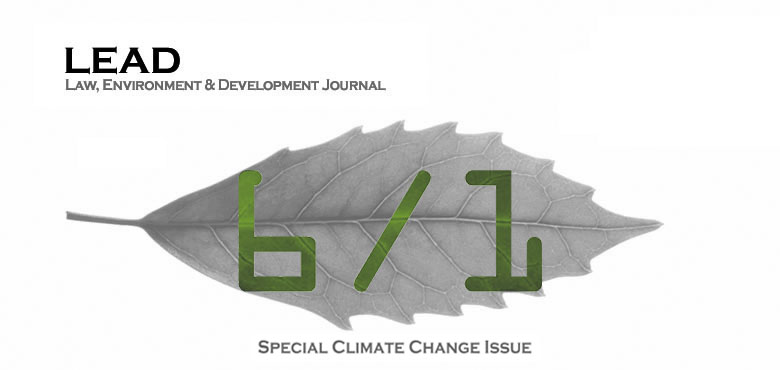 The Law, Environment and Development Journal published by School of Oriental and African Studies and International Environmental Law Research Centre, has brought out a special issue on Climate Change.
The Law, Environment and Development Journal published by School of Oriental and African Studies and International Environmental Law Research Centre, has brought out a special issue on Climate Change.
Holistic Engineering and Hydro-Diplomacy in the Ganges-Brahmaputra-Meghna Basin - EPW Paper
Posted on 23 May, 2010 04:49 PM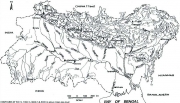 This document by Jayanta Bandyopadhyay, highlights the importance of the Ganges-Brahmaputra-Meghna (GBM) basin as an important source of water for many of the countries in South Asia, and the crucial role of negotiations in the context of the impending water crisis threatening the basin with the phenomenon of climate change.
This document by Jayanta Bandyopadhyay, highlights the importance of the Ganges-Brahmaputra-Meghna (GBM) basin as an important source of water for many of the countries in South Asia, and the crucial role of negotiations in the context of the impending water crisis threatening the basin with the phenomenon of climate change.
The document argues that traditional water engineering has been found to be highly reductionistic and ineffective in bringing about development in the GBM basin and the continuing poverty in the GBM basin can be linked to the absence of a holistic ecological perspective, use of an incomplete framework for economics and ignoring of long-run economic costs of the actions proposed.
On variability of hydrological wet season, seasonal rainfall and rainwater potential of river basins in India (using rainfall data over 1813-2006) - An IITM technical paper
Posted on 10 May, 2010 09:12 PMThe paper discuses climatological and fluctuation features of important parameters of the Hydrological Wet Season (HWS), viz. starting and ending dates, duration, seasonal rainfall/rainwater and surplus rainfall/rainwater potential individually for the eleven major and thirty six minor river basins, the West Coast Drainage System (WCDS) and the rest of the country. It is based on reliable monthly rainfall data from a well spread network of three hundred and sixteen rain gauge stations from 1813 upto 2006.
The paper observes that the average period of the HWS is in close conformity with the southwest Monsoonal Rainy Season (MRS) over the basins in the Core Monsoon Rainfall Regime (CMRR). In the Mixed Monsoon Rainfall Regime (MMRR) covering south peninsula, northeast and extreme north, the HWS is of longer duration compared to the MRS due to extra-monsoonal rainfall over there. The mean starting date of the HWS is May 30, ending October 11 and the duration is 135 days for the entire country.
A national seminar on global warming and its impact on water resources, Indian Association of Hydro geologists, Kolkata
Posted on 05 May, 2010 12:00 PMOrganizer's:
Climate Himalaya Initiative, Roorkee
Posted on 28 Apr, 2010 09:11 AM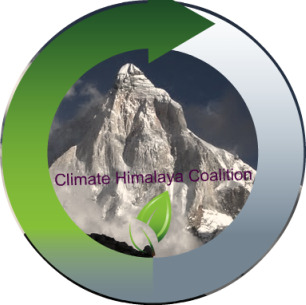
Organizer: Climate Himalaya Initiative
Venue: Indian Institute of Technology Roorkee-IIT Roorkee, Uttarakhand, India
Description:
Revitalizing Asia's Irrigation: To sustainably meet tomorrow's food needs - A report by IWMI and FAO
Posted on 20 Apr, 2010 03:14 PM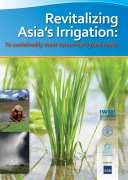 This document by International Water Management Institute (IWMI) highlights the urgent need for improving irrigation systems to enhance food production to meet the needs of the growing population in Asia, in the context of increasing urbanisation and the challenges posed by climate change.
This document by International Water Management Institute (IWMI) highlights the urgent need for improving irrigation systems to enhance food production to meet the needs of the growing population in Asia, in the context of increasing urbanisation and the challenges posed by climate change.
Experience has shown that improvement in irrigation systems have led to improvement in agricultural growth in Asia in the past where irrigated agriculture still continues to be the heart of rural growth.
However, experts estimate that demand for food and animal feed will double during the next fifty years in Asia. This will require better management of the existing irrigated lands as opening up of new alternatives is constrained by lack of land and water resources.
Making climate look like trade? - Questions on incentives, flexibility and credibility - A policy brief by Centre for Policy Research
Posted on 14 Apr, 2010 06:48 PMThe policy brief published by the Centre for Policy Research (CPR), India addresses the debates around climate change that took place before and after the Copenhagen Climate Conference (2009) that raised a number of questions regarding the architecture of the global climate regime.
Climate change threats to India's water resources and emerging policy responses - From the book 'Indian climate policy: Choices and challenges', by the Henry Stimson Centre.
Posted on 14 Apr, 2010 11:01 AMThis book published by Henry L. Stimson Centre highlights the richly diverse nature of India's views on climate change through its range of essays. These essays demonstrate and challenge the international perception of India as a monolithic actor with a single set of opinions and views in the climate change negotiations.
In this chapter, the author discusses the strengths and the weaknesses of India's climate policy in the context of the increasing threats that have been identified to the water resources in the country. The author states that India's climate policy is still in its emerging state and argues that though the policy does highlight many important areas related to climate change, it does not give adequate attention to a very crucial area of water management.





